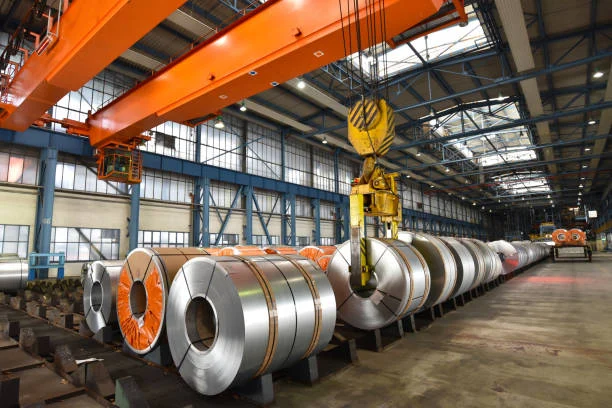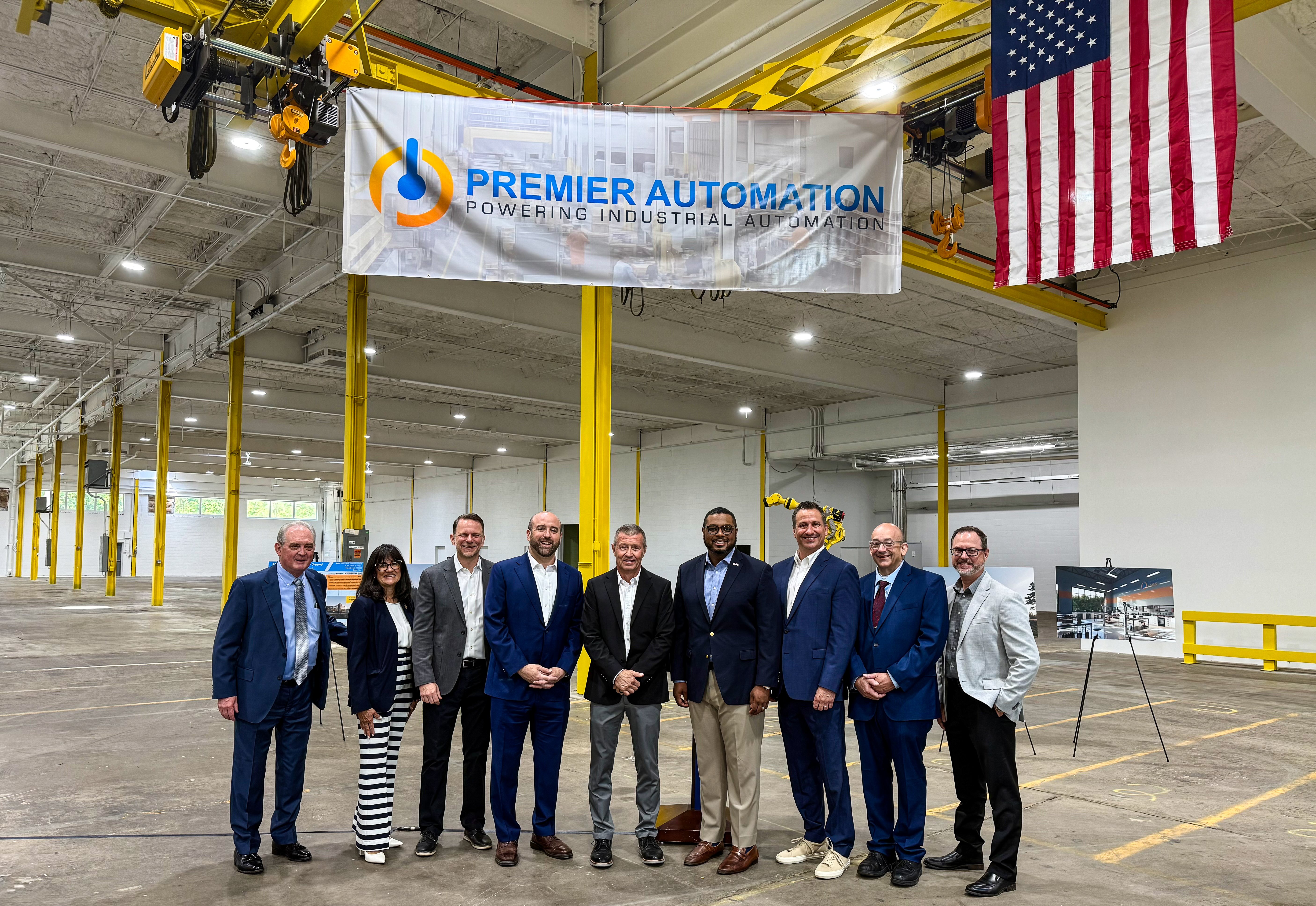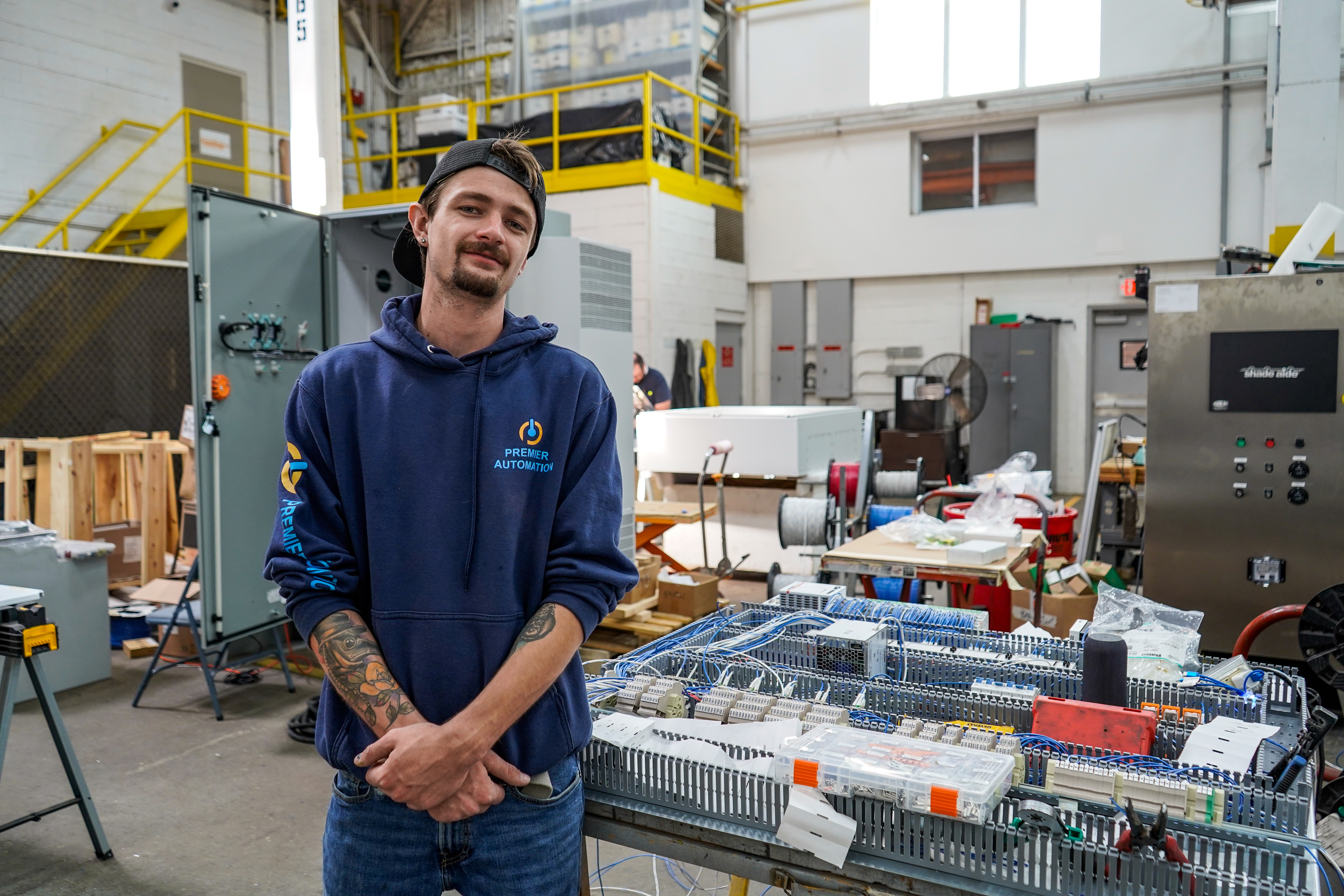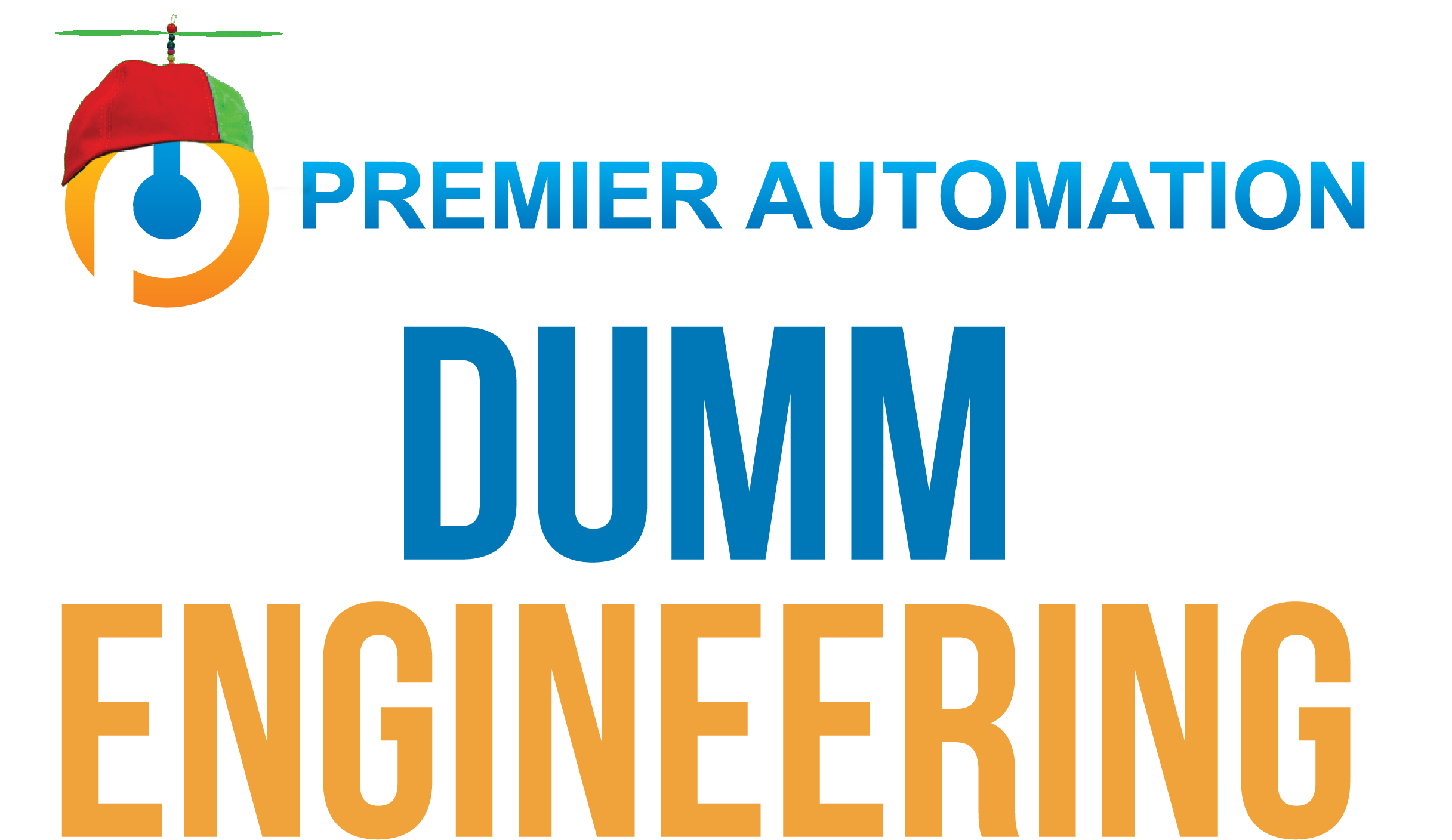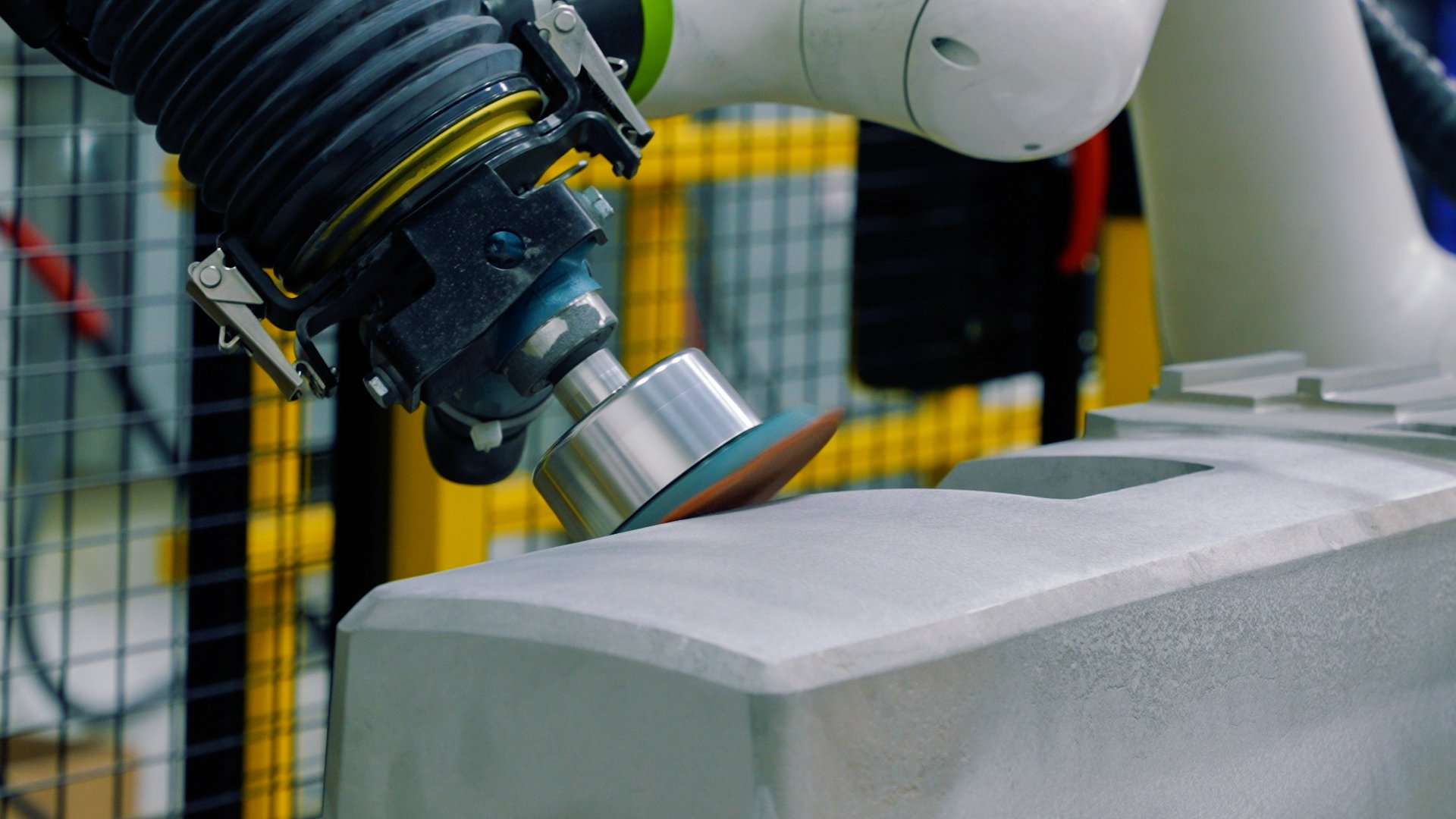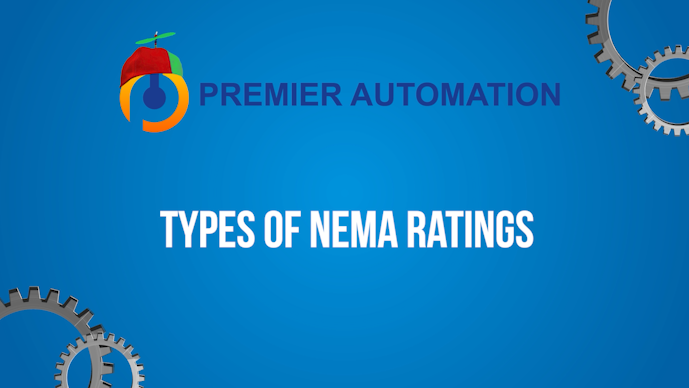Premier Automation
Recent Posts
How Premier Helps Steel Plants Modernize Legacy Systems
Across the United States, steel industry control rooms look frozen in time: drive cabinets from the 1980s, PLC racks running on obsolete firmware, and yellowed paper schematics. The mechanical equipment still does its job, but the automation systems behind it are decades past their intended lifecycle, with risks that grow every year.
Premier Automation Announces Launch of Premier Innovation Hub with Support from the Commonwealth of Pennsylvania

MURRYSVILLE, PA — Premier Automation today announced the launch of the Premier Innovation Hub, a new facility in Westmoreland County that will serve as a national model for industrial automation, workforce development, and technology commercialization. The Commonwealth of Pennsylvania has committed more than $3 million in support through a combination of grants, loans, and training funds.
Premier Automation Announces the Creation of Premier Labs: A Corporate Venture Studio Focused on Automation, Robotics, and AI
Monroeville, PA – October 9, 2024 – Premier Automation, a leader in engineered and automation solutions, announces Premier Labs, a corporate venture studio focused on creating companies that leverage proven automation, robotics, and artificial intelligence solutions to solve industrial challenges.
Premier Automation: A Unique Career Opportunity in the World of Electrical Work
Are you passionate about electrical work and looking for a fulfilling career? Premier Automation might just be the place for you! In this blog post, we'll explore the experiences and insights of five individuals - Dave, Connor, Lizzy, Keith, and Mike - who have found their calling at Premier Automation, a company that not only values its employees but also offers a wide range of career opportunities in the field of electrical work.
Higher level automation components such as PLC’s, Drives, and HMI’s communicate with each other through industrial networks. These allow them to pass more advanced data back and forth between them as opposed to a single true or false signal from a single wire. There are many different types of communications, types of hardware, and topologies that allow these networks to operate. The most common types of industrial networks are Ethernet IP, Profibus, and Profinet, but there are many others as well. Modbus, Ethercat, Canbus, and Controlnet are a few of the many other types that we see in applications.
For a robot to safely operate in an industrial setting, it needs appropriate guarding to protect both the operators from the equipment in the cell. It also protects the equipment from external forces that can damage it, or move devices from the taught positions they need to be in. These cells are not a barrier to keep the inside separated from the outside. Items that need worked on must enter the cell, get worked on, then exit in a safe manner to ensure operator safety, and efficiency of the process. To do this, both mechanical and electrical guarding components are designed and implemented together.
At Premier Automation, we use terminal blocks in almost all our builds. A terminal block is an electrical junction point that allows two or more wires to be connected at the same electrical potential. These also provide added functionality as they allow for easier rework of electrical circuits, convenient test points, and are finger safe to protect a user. Just like wire comes in many different types and sizes, terminal blocks do as well based on application.
Learning about 3D Printing
3D printing is a form of additive manufacturing that allows for quick and easy prototyping of components to speed up a design process. While there is still a lot of work that goes into making a part, it is much faster than sending the work elsewhere, and allows the creator to have a full-sized model in hand in a few hours.
SUCCESS STORY: Premier Automation gets Robotic Workcell up and Running
What is the Problem?
Harmony Castings is a job shop for cast aluminum parts. Several secondary operations are required after the casting process: gate and sprue cutting, heavy flash grinding, and surface finish grinding. Each operation is performed by an operator using hand-held equipment. This leads to strain from repetitive tasks, and increased labor.
Types of NEMA Ratings
Control cabinets are installed in many types of environments. To specify what conditions an enclosure will withstand, the National Electrical Manufacturers Association, or NEMA, define a list of standards. These standards look at factors such as ability of an enclosure to resist dust, water, the formation of ice on the surface, submersion, corrosion, and other factors.



